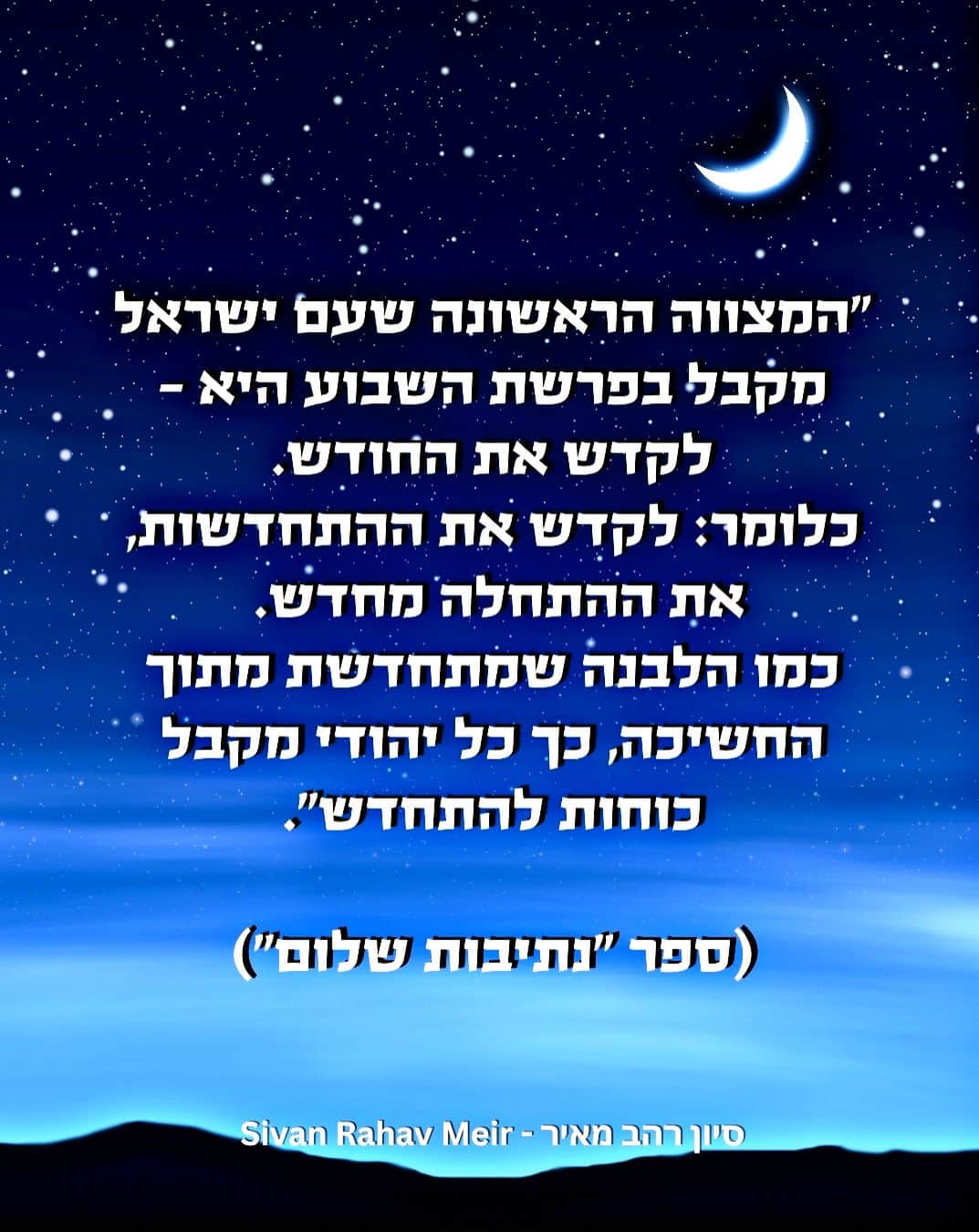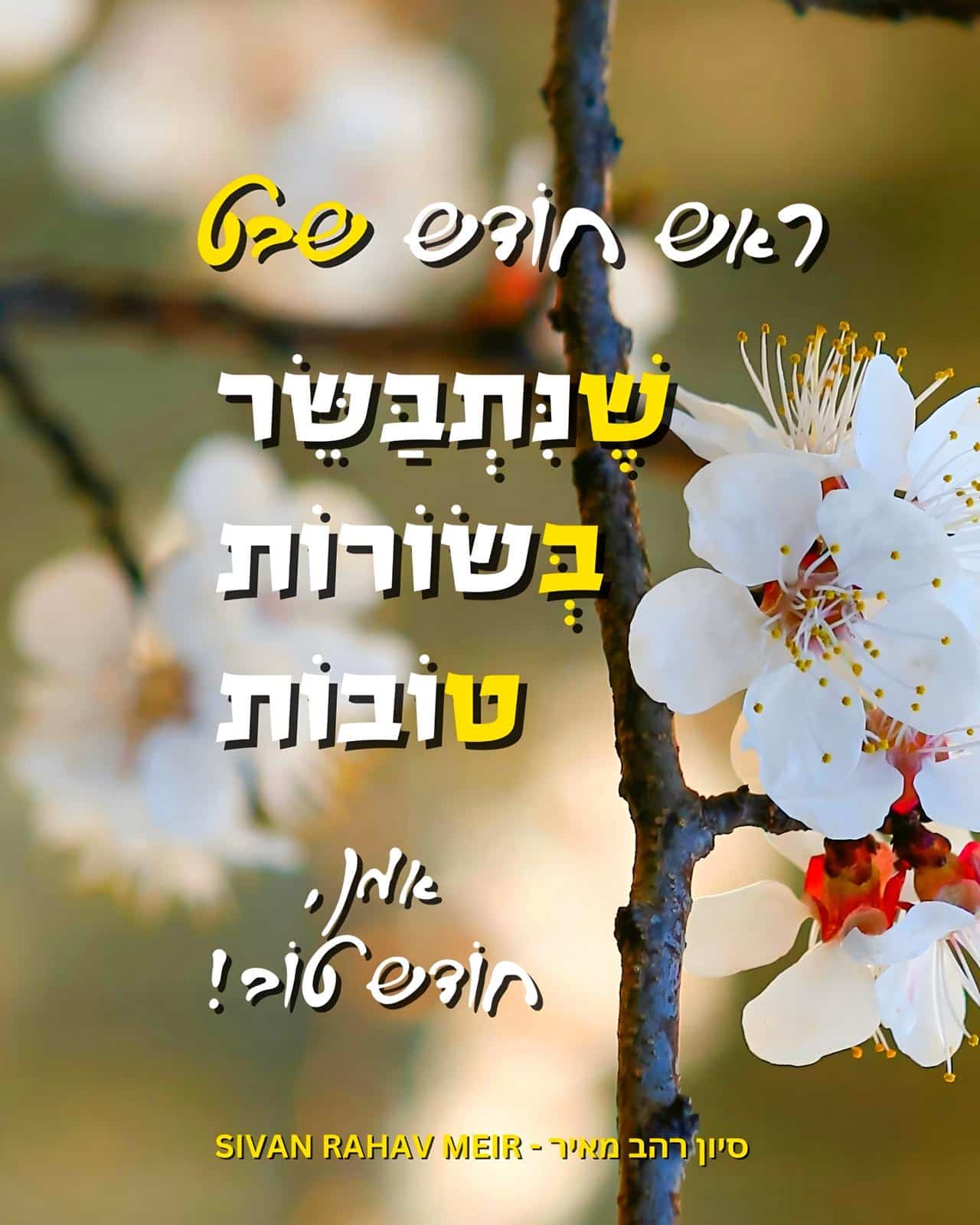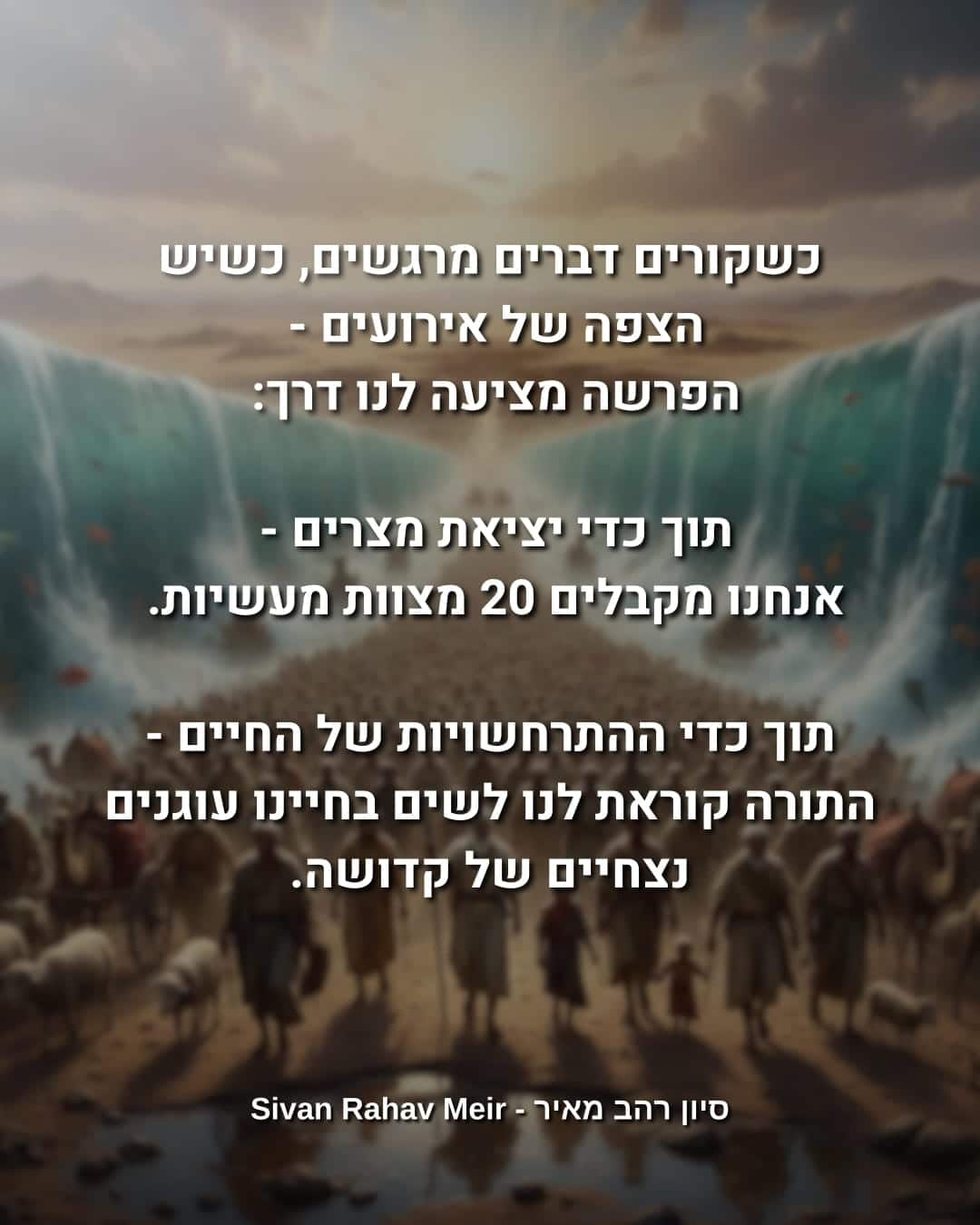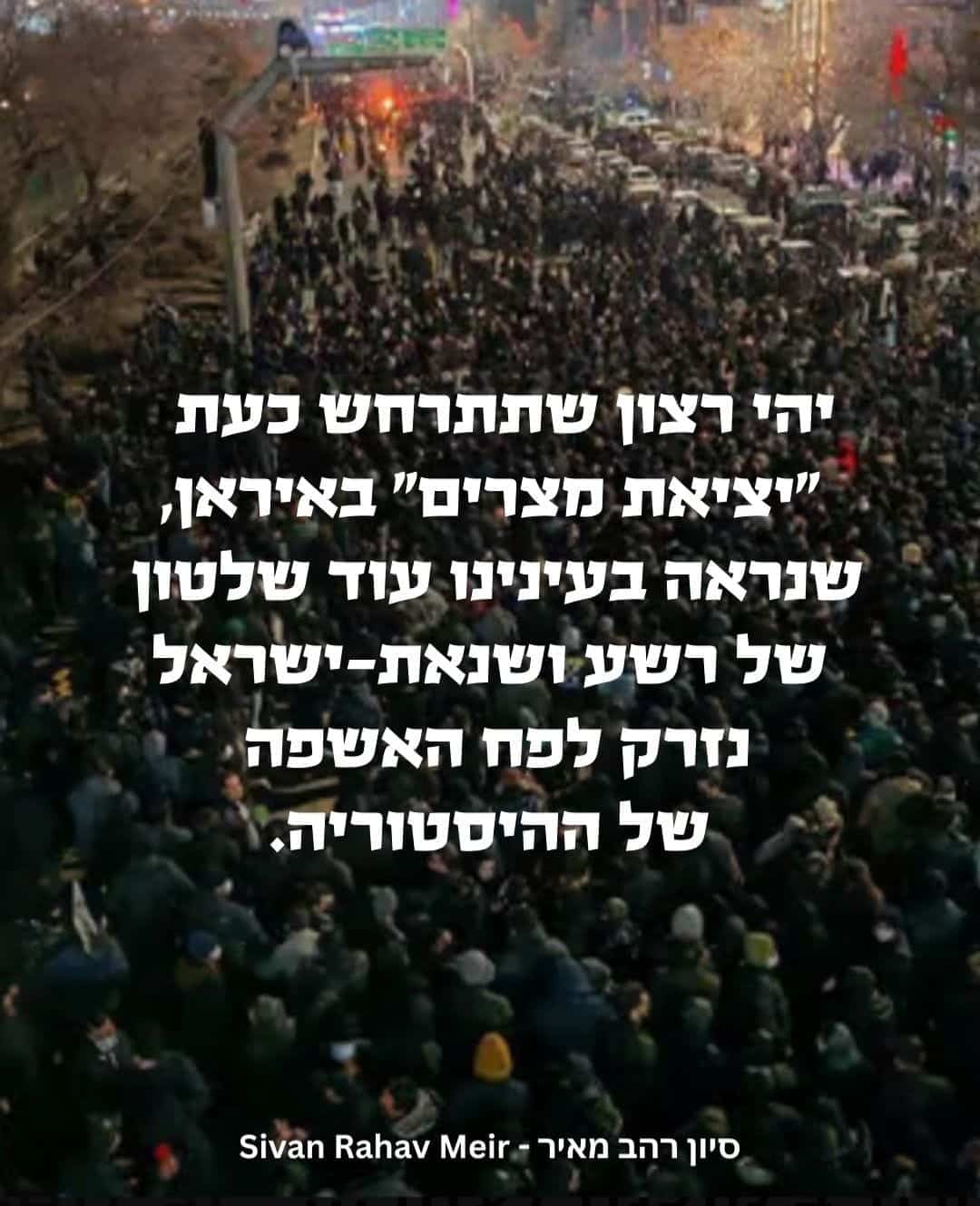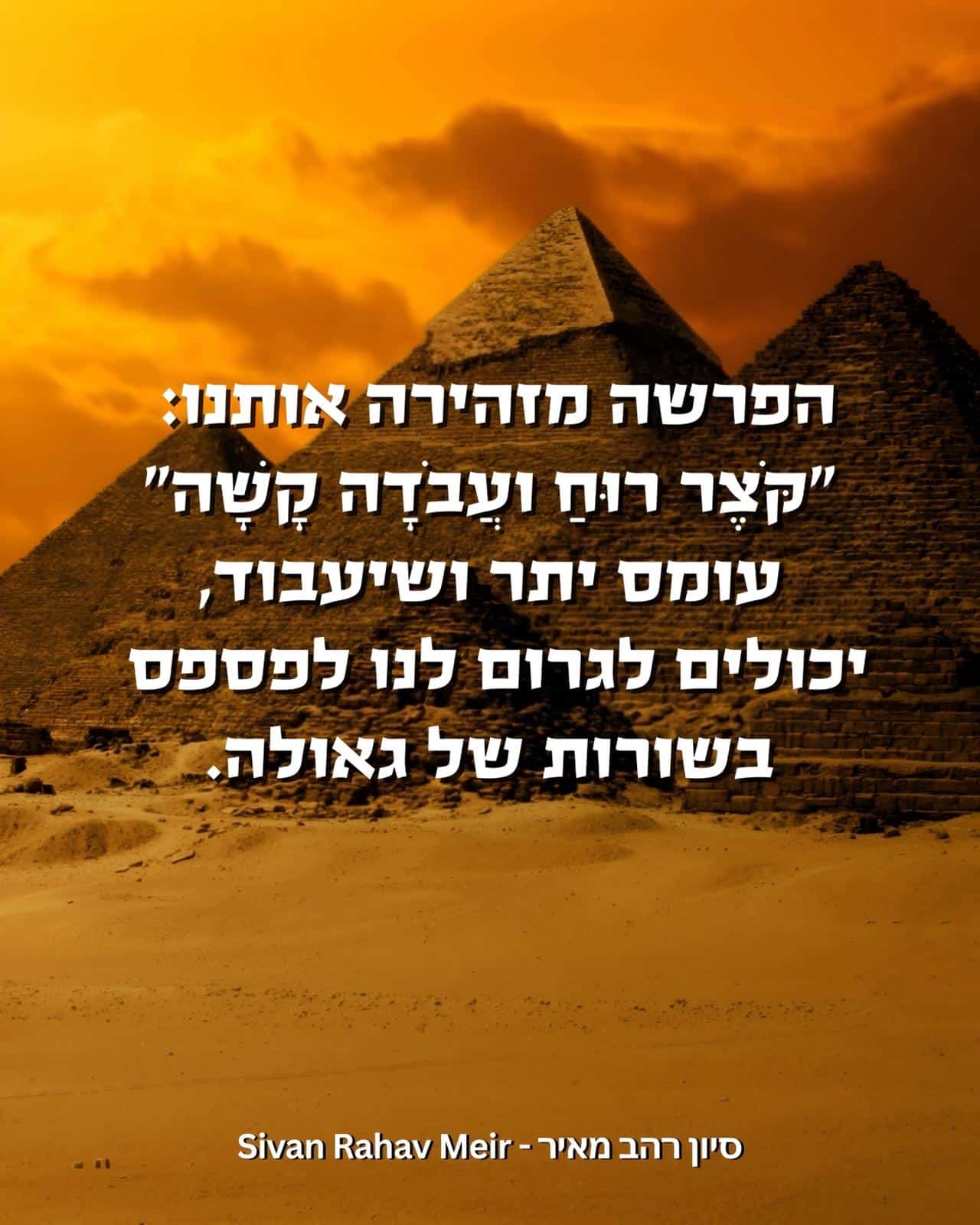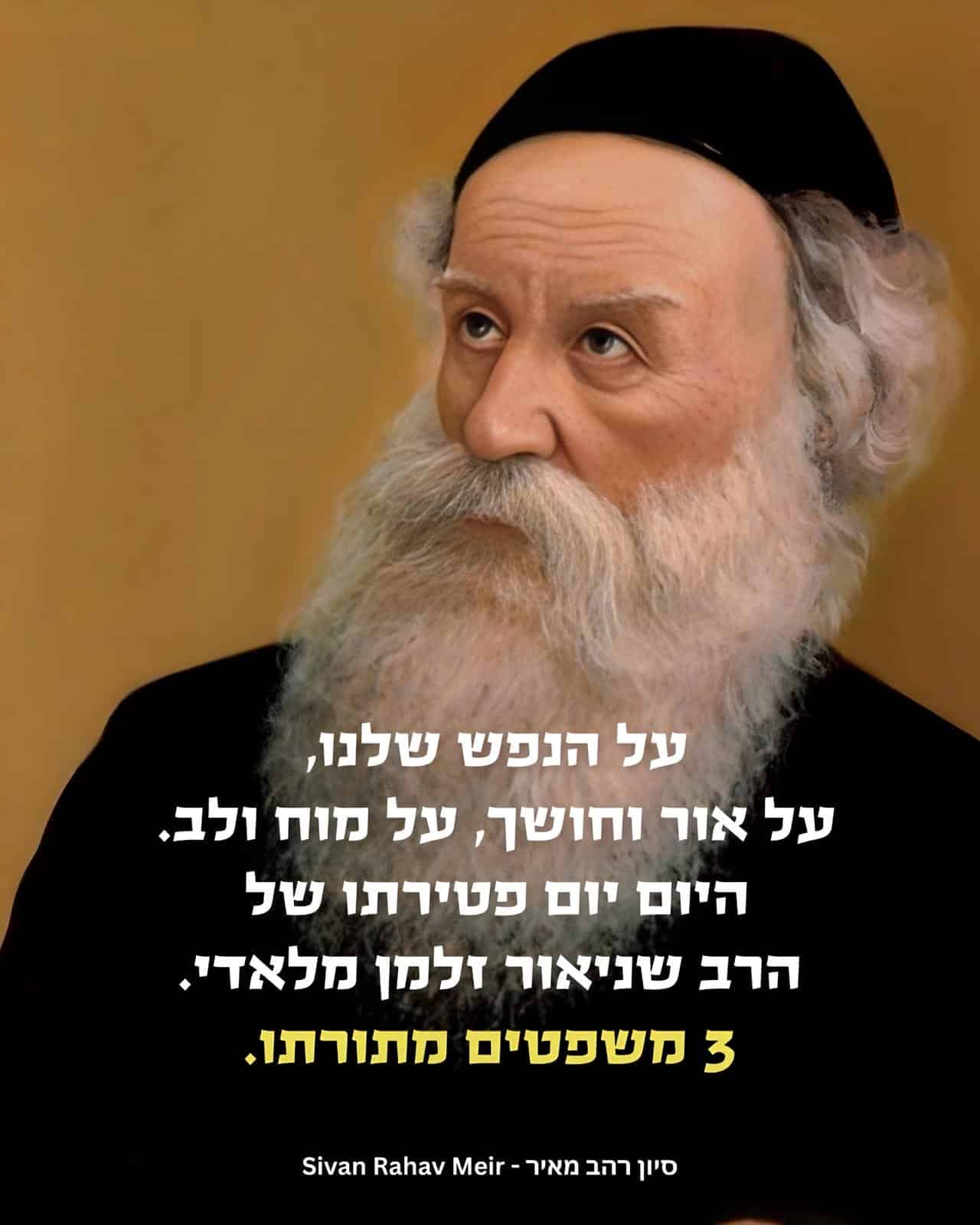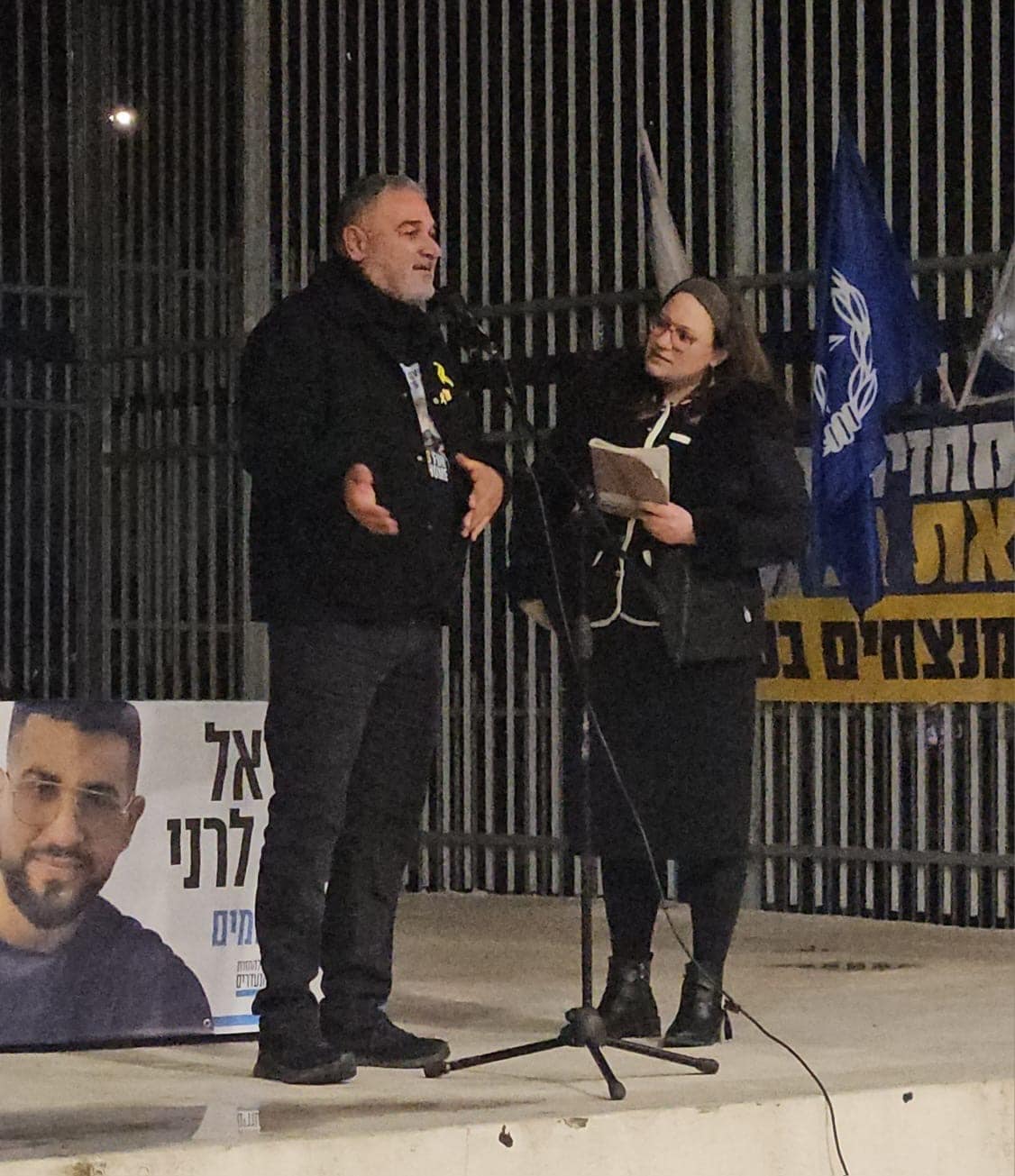* Translated by Janine Muller Sherr
1) From today until tomorrow night, we mark Rosh Chodesh Elul. The last month of the year is considered a time for introspection, repair, repentance and renewal. Consider it a gift - a designated time for personal stock-taking and self-improvement in preparation for the new year.
2) The name of the month, Elul, is the acronym for the words (from the Song of Songs) : “Ani l’dodi v’dodi li - I am my beloved’s and my beloved is mine.”
It alludes to the fact that God is especially close to us - like a loving uncle - during this period, and we also draw closer to Him. Another beautiful phrase that captures the essence of this month is: “The King is in the field.” It is as if God goes out to the people during this time and is more available and approachable.
3) From the second day of Rosh Chodesh Elul until the conclusion of the holidays of the month of Tishrei, it is customary to recite Chapter 27 of Tehillim (Psalms), that opens with the words: “Of David. The Lord is my light and my salvation.” These powerful words, written by King David, reminds us that despite our anxieties and fears, there is an ultimate source of light and salvation - a compelling message for the Jewish people and for each one of us as individuals.
4) As is the tradition on every Rosh Chodesh, we add the prayer “Ya’ale V’Yavo” to the Amidah and to Birkat HaMazon and we also recite Hallel - a selection of chapters from the Book of Tehillim (Psalms), praising God and expressing our gratitude. Ashkenazi Jews begin to sound the shofar at the end of the Shacharit service, while Mizrachi Jews begin to recite Selichot on the second night of Rosh Chodesh.
5) But what occurred in Elul that gave this month its special nature? On Rosh Chodesh Elul, Moshe Rabbeinu ascended Mount Sinai, following the sin of the golden calf and the breaking of the tablets, in order to intercede on behalf of the Jewish people and beg God for forgiveness. Forty days later, on Yom Kippur, Moshe Rabbeinu came down from the mountain, holding a set of new, unbroken tablets in his hands and with a message that echoes through time: God forgives. From that time until today, the 40-day period between Rosh Chodesh Elul and Yom Kippur is characterized by seeking closeness to God, forgiveness, and reconciliation. Its message is clear: It is possible for us to repair what has been broken and to improve our ways.
So let us bless each other, from the bottom of our hearts, with the greetings of Chodesh Tov - May it be a good month, and as is customary to say, starting today, “Ktiva V’Hatima Tova - May you be inscribed and sealed for a Good Year.”



